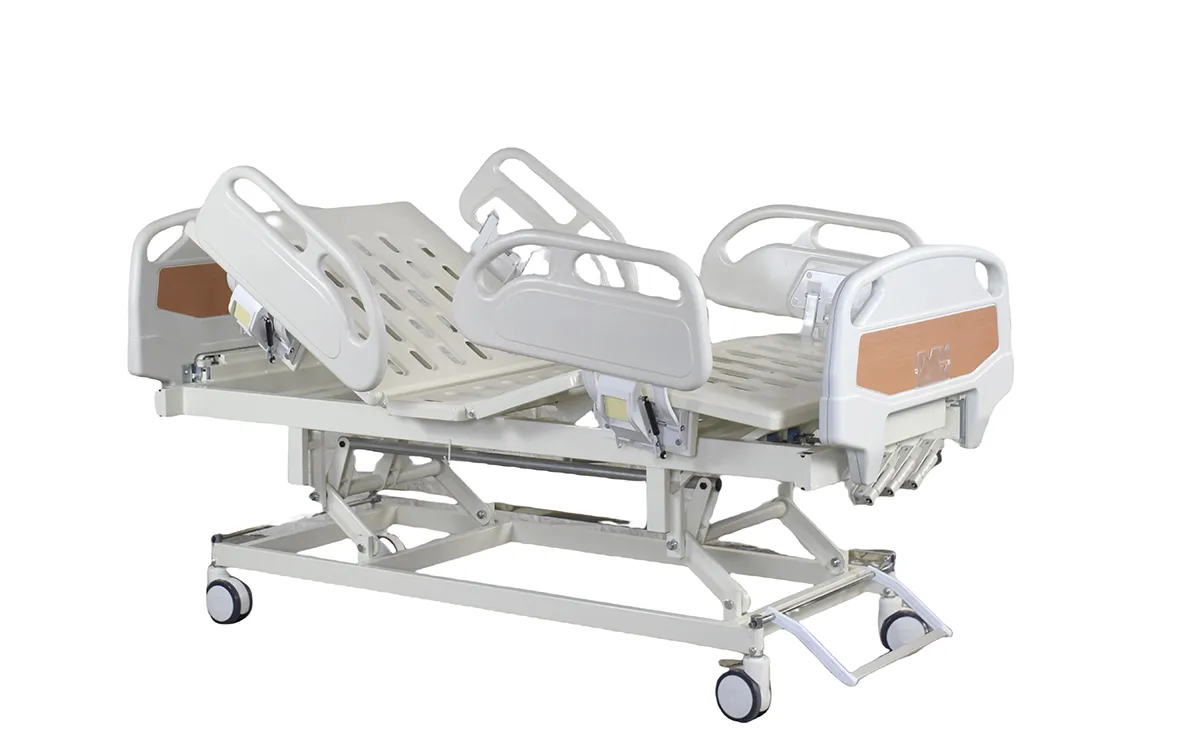Welcome to our websites!
Effective Strategies for Stroke Recovery and Rehabilitation Programs
Stroke Rehabilitation A Pathway to Recovery
Stroke is a leading cause of long-term disability worldwide, with millions of individuals affected each year. The aftermath of a stroke can be devastating, impacting not only the physical abilities of the patient but also their emotional and psychological well-being. Fortunately, stroke rehabilitation offers a beacon of hope, providing essential strategies and support for recovery.
The primary objective of stroke rehabilitation is to help individuals regain as much independence as possible. Rehabilitation typically begins in the hospital as soon as the patient’s condition stabilizes, and it often continues for months or even years post-stroke. A multidisciplinary team, including physicians, nurses, physical therapists, occupational therapists, speech-language pathologists, and psychologists, collaborates to create a personalized rehabilitation plan tailored to the needs of each patient.
Physical Rehabilitation
Physical therapy plays a crucial role in stroke rehabilitation, targeting mobility and strength. Patients may experience hemiparesis, or weakness on one side of the body, making simple tasks challenging. Through various exercises and treatments, physical therapists work to improve muscle strength, coordination, and balance. Techniques may include gait training, stretching exercises, and the use of assistive devices. This process not only aids in physical recovery but also boosts the patient’s confidence, enabling them to perform daily activities like walking, climbing stairs, and eventually returning to work or recreational activities.
Occupational Therapy
Occupational therapy focuses on helping patients regain their ability to perform daily living activities. This includes skills such as dressing, cooking, and managing personal hygiene. Occupational therapists assess the individual’s home and recommend modifications to improve accessibility and safety. They often utilize adaptive equipment to assist patients in performing tasks more independently. The goal is to equip patients with the necessary skills to enhance their quality of life, promoting independence and self-sufficiency.
stroke rehabilitation

Speech Therapy
A stroke may impair an individual’s ability to communicate effectively. Speech-language pathologists assess and devise treatment plans for those with aphasia, dysarthria, or other communication disorders resulting from a stroke. Through targeted exercises and strategies, speech therapy helps patients regain their ability to speak, understand language, and improve their cognitive-communication skills. Effective communication is crucial not only for social interactions but also for expressing needs and participating in decision-making processes regarding their health.
Emotional and Psychological Support
The emotional toll of a stroke can be profound; patients often experience frustration, anxiety, depression, or a sense of loss. It’s vital that rehabilitation programs address these psychological aspects. Engaging with a psychologist or counselor can help individuals process their experiences, develop coping strategies, and foster a positive outlook on recovery. Support groups can also provide a sense of community, allowing patients to share experiences and strategies while reducing feelings of isolation.
Conclusion
Stroke rehabilitation is a comprehensive process that goes beyond physical recovery. With the right support, individuals can regain independence and improve their overall well-being. Early intervention, a personalized rehabilitation plan, and addressing both physical and emotional needs are critical for maximizing recovery outcomes. As research advances and techniques evolve, the future for stroke rehabilitation looks promising, offering renewed hope to countless individuals on their journey to recovery.
-
Transforming Healthcare with Hospital FurnitureNewsJun.24,2025
-
Rehabilitation EquipmentNewsJun.24,2025
-
Mobility and Independence with WheelchairsNewsJun.24,2025
-
Freedom of Mobility with Our Rollator WalkersNewsJun.24,2025
-
Comfort and Independence with Commode ChairsNewsJun.24,2025
-
Bathing Safety and Independence with Shower ChairsNewsJun.24,2025
-
Navigating the Wholesale Landscape of Electric Mobility Solutions: Key Considerations for Power Wheelchair DealersNewsJun.10,2025











